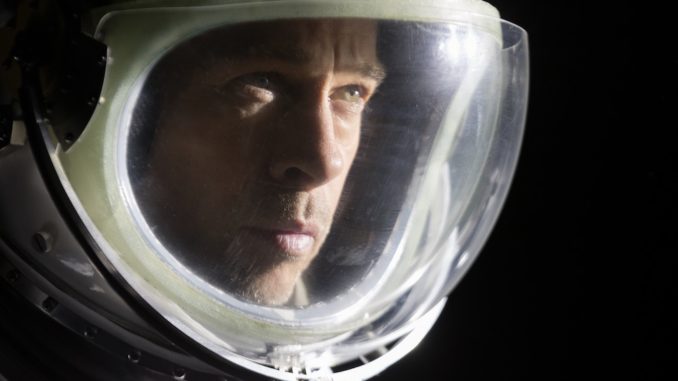
Space has always been the final frontier for humanity, holding great promises and grand secrets that will be bequeathed on whoever dares to reach for it. Maybe that’s why films about outer space, like Ad Astra, have such a magnetic pull on audiences. The movie is so spectacularly crafted that you’ll believe you’re out there in the vastness of space, thanks to the incredible sound design and intense performances.
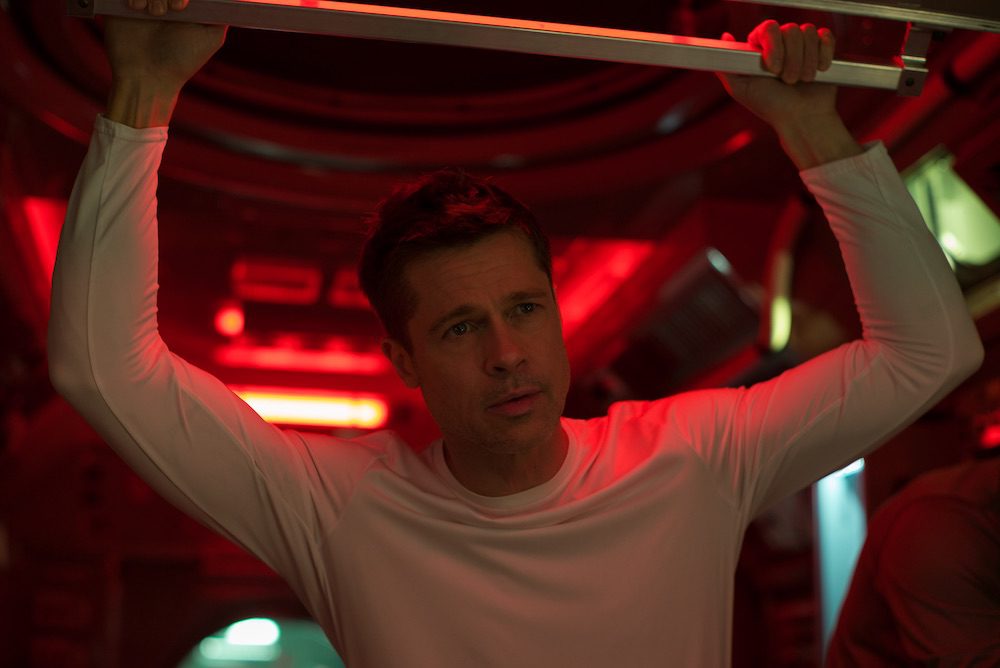
The film follows the journey of Roy McBride, an astronaut who’s been tasked with finding his father after a series of disasters rock the solar system. His father may be the only one who can stop the threat to the solar system, and Roy is the only one who can reach out to him. But as he gets closer to his objective, Roy learns that everything he believes may be a lie — and he may be the only one who can save the solar system.
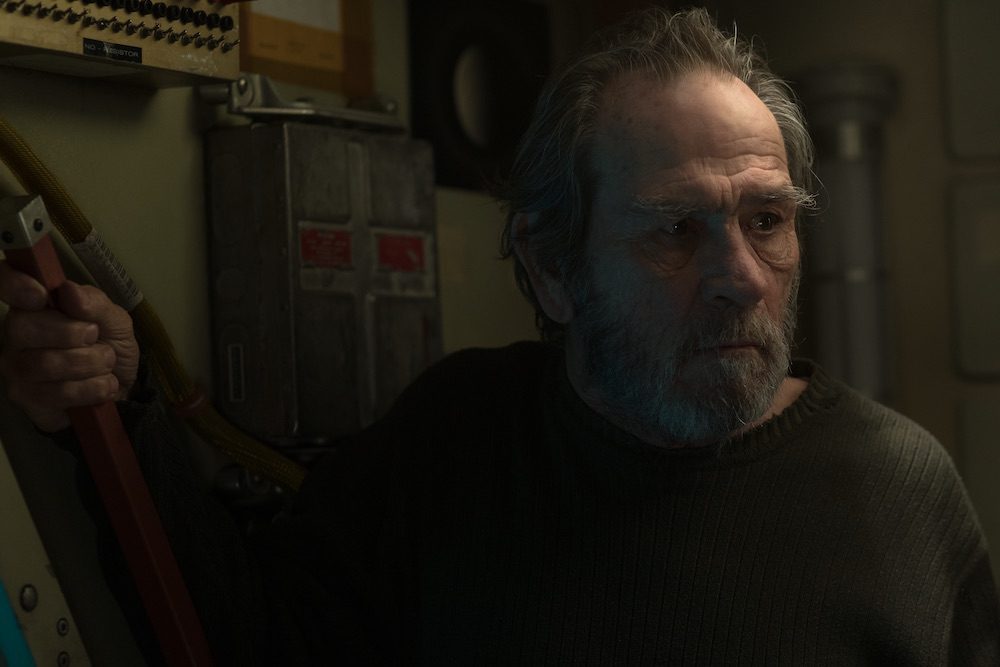
Ad Astra‘s sound design is, hands down, a work of art in and of itself. It captures the feeling of being in outer space with its low tones and slow hums, conveying a sense of loneliness and foreboding, echoing the feeling of solitude and vastness all at once. You don’t even have to open your eyes to believe that you’re in outer space. And of course, it augments the visuals that we see, the sparseness of Moon landscapes, the epic scale of looming planets, immersing you into outer space.
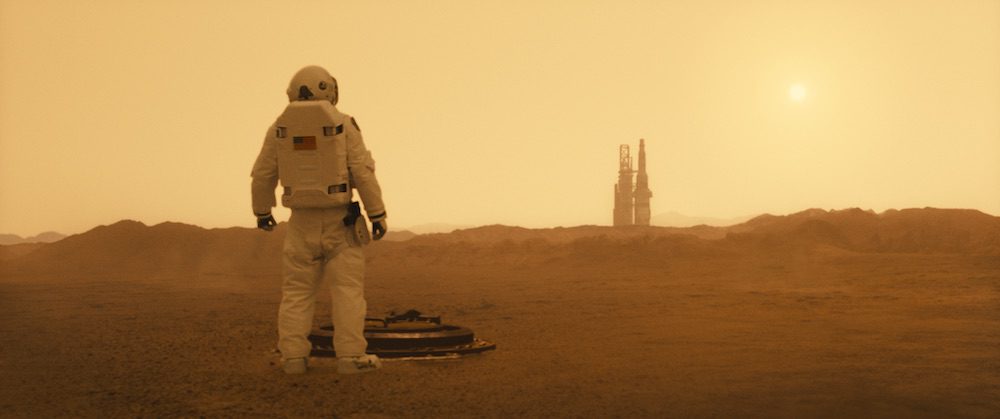
What makes the sound design work so well is that it knows when to use silence, to use a single note, even when a hundred things are happening on screen. It’s this incongruity that drives home the fact that there’s no sound in space (since sound requires a medium to travel, and most of space is a vacuum), drawing you ever closer into its world. Compare it to the maximum-volume-blaring-on-all-channels approach to the atrocious sound design of Wonderful! Liang Ximei, its polar opposite in terms of sound, and you’ll better appreciate the restraint and art of Ad Astra‘s sound design.
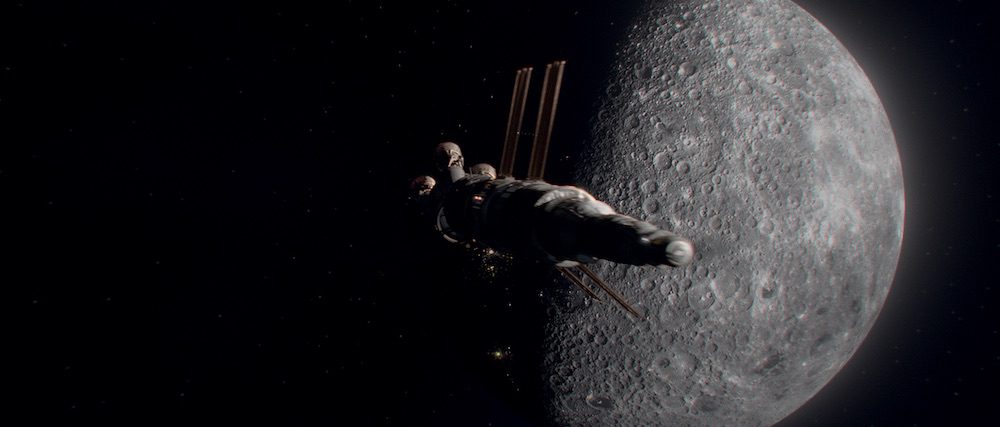
Brad Pitt’s intense performance as the emotionally stunted Roy McBride is the human element that makes the isolation of space so painful. His performance seems effortless, but it conveys so much — his feelings towards his father, the impact that losing a parent has had on him, the lonely ache in his heart that nothing seems to be able to fill. It gives a sort of relatability to the vast scope of the film, that the fate of the solar system rests on on the journey of a lost boy looking for his father. And in a way, that the loneliness of outer space is just as crushing as the loneliness of a fatherless boy, despite how different the two may be.
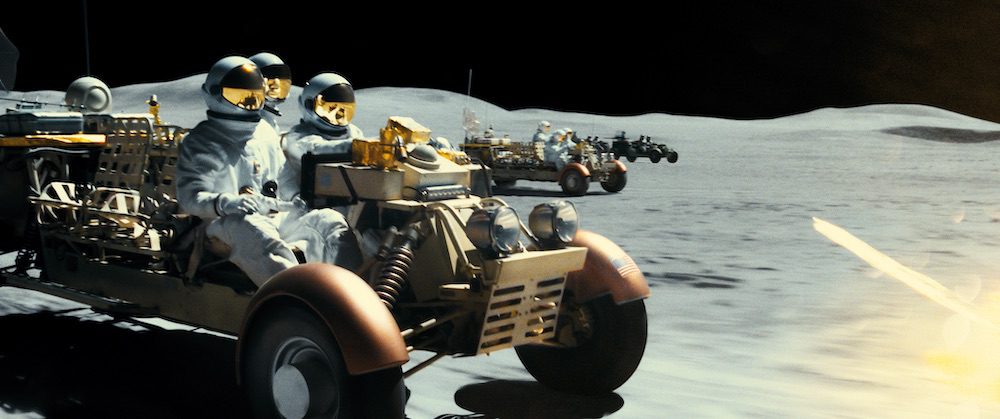
Then there’s the inevitable clash between father and son, as Clifford McBride (Tommy Lee Jones) meets his son, Roy. Both of them are equally powerful characters, with grand destinies awaiting them as they set out to do great things. But the whole tragedy of it is that their conflict is inescapable.

While the dialogue works in the movie, there’s not a lot of it. In fact, it’s been trimmed to just the bare necessities, resulting in a surprising lack of exposition. Yes, the dearth of dialogue does accentuate the theme of loneliness in the film. However, it could have explained a little bit more or engaged in a little more technobabble — you’ll leave the cinema not quite understanding what it was that was so threatening to the solar system.
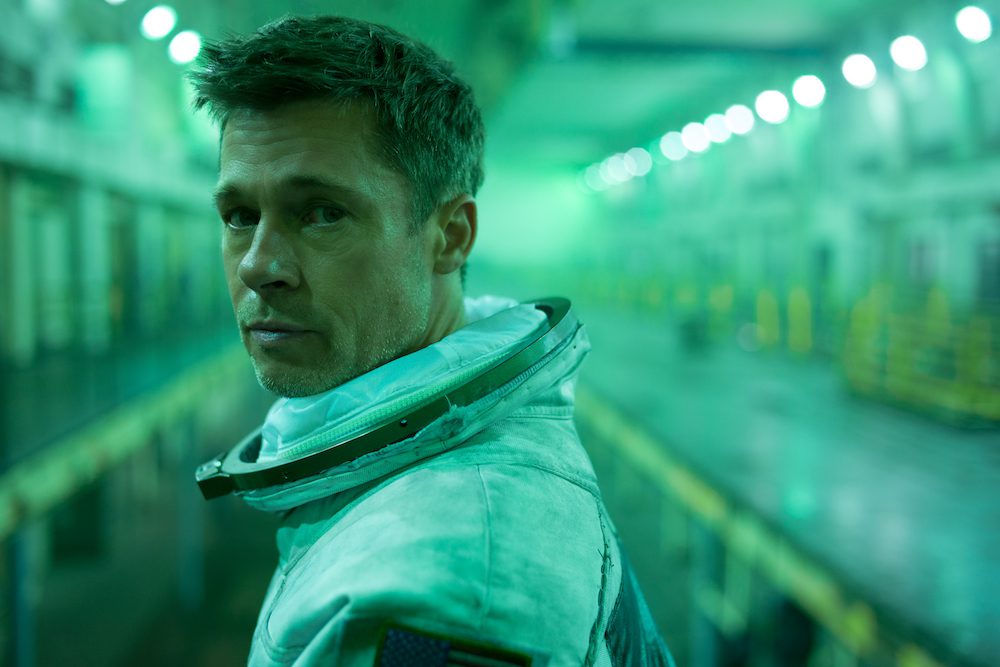
Ad Astra is a magnificent film about a journey on both the physical and emotional level. Pitt’s performance, coupled with the sound design, makes it a riveting tour de force as you follow him to where few have gone before. One thing’s for sure – you’ll never see (or hear) space the same way again after watching the film.
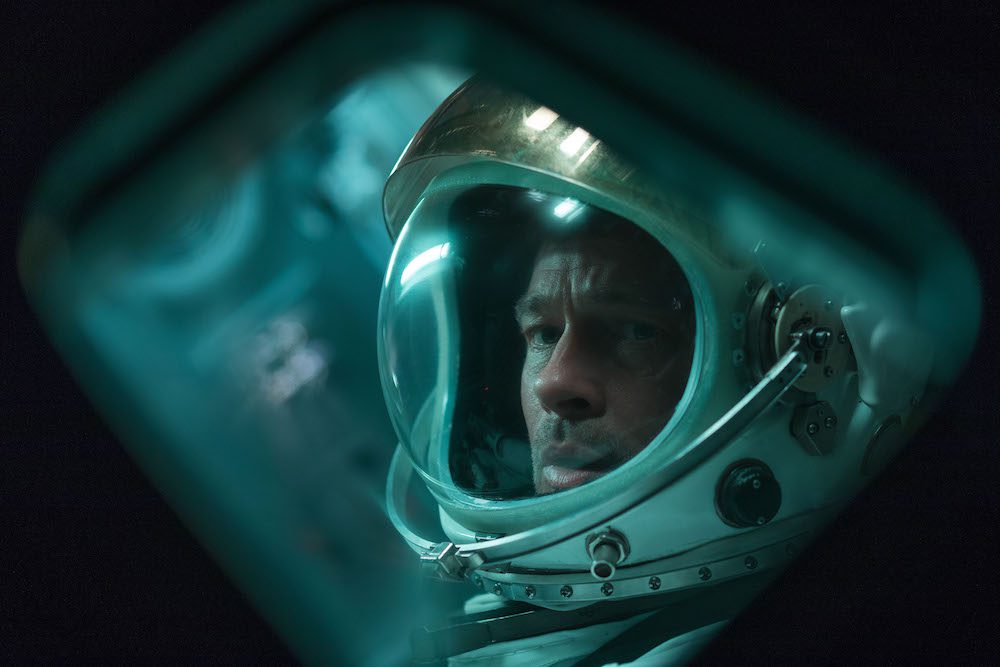
Should you watch this at weekend movie ticket prices? Yes.
Should you watch this more than once? If you’re an audiophile.
Score: 4.2/5
Secret ending? No, but there’s an audio callback some earlier scenes.
Running time: 124 minutes
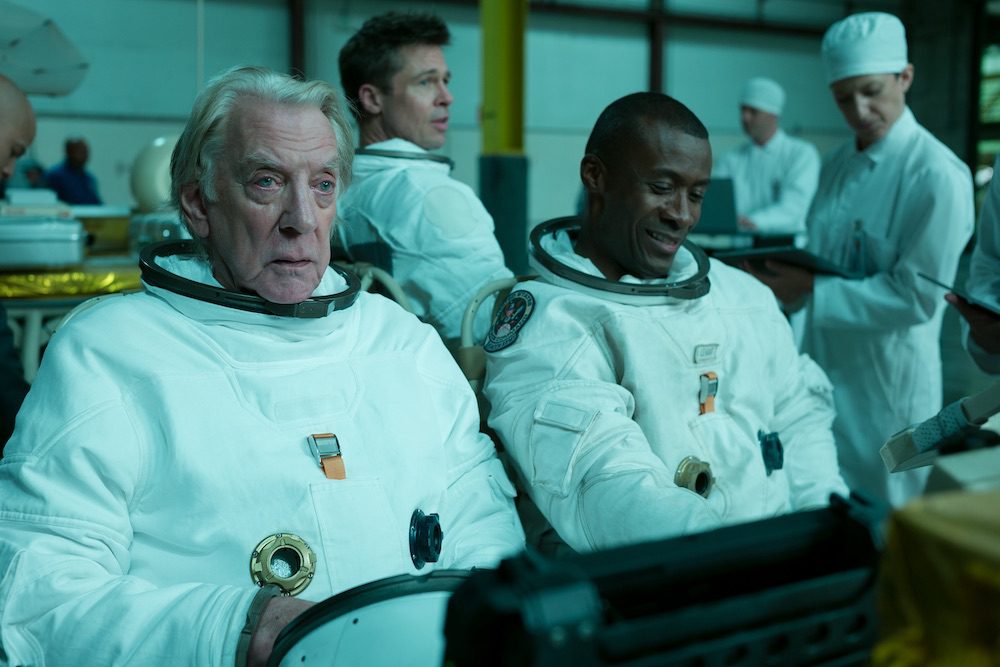
Ad Astra is an American science fiction thriller.
It is directed and writing by James Gray, with additional writing credits for Ethan Gross. It stars Brad Pitt (Major Roy McBride), Tommy Lee Jones (Clifford McBride), Ruth Negga (Helen Lantos), Liv Tyler (Eve McBride), and Donald Sutherland (Colonel Pruitt). It is rated PG-13.
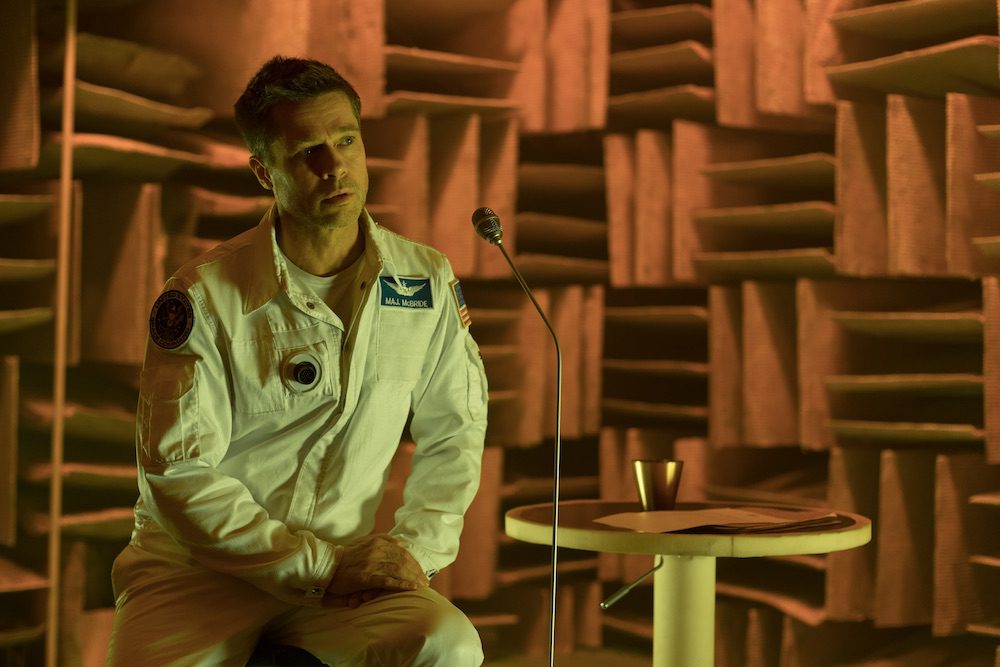
Ad Astra opens in cinemas:
– 19 September, 2019 (Singapore)
– 19 September, 2019 (Malaysia)
– 20 September, 2019 (Philippines)
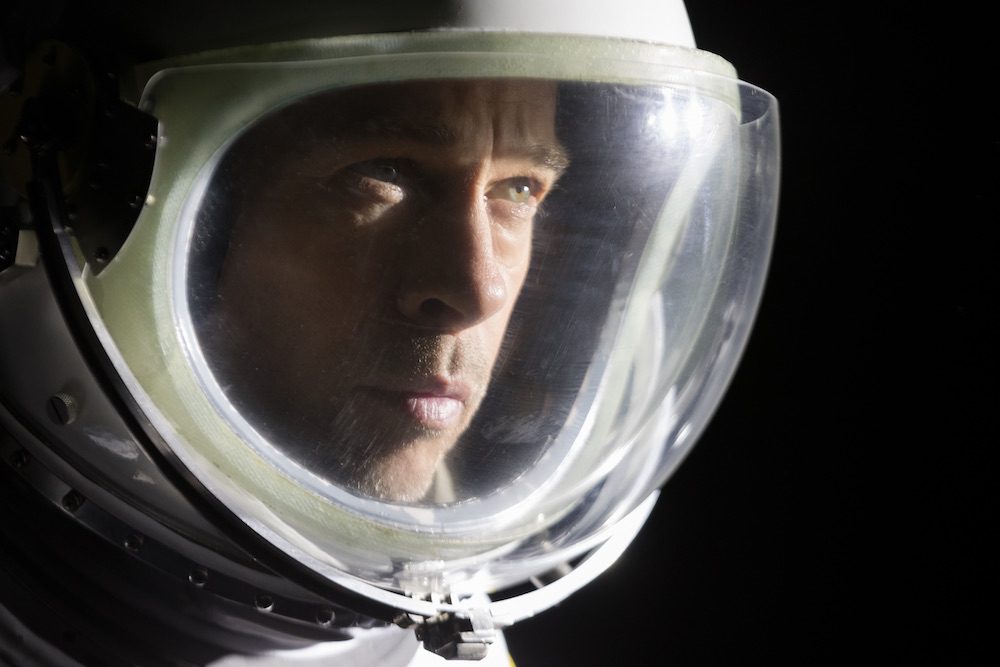
This article was first published on and written for Yahoo Lifestyle Singapore.
Follow Marcus Goh (yes, referring to myself in third person) on Facebook and Instagram for more (presumably) good updates!
I’m an independent scriptwriter who’s written for popular shows like Lion Mums, Crimewatch, Police & Thief, and Incredible Tales. I’m also a Transformers enthusiast and avid pop culture scholar. You can find me on social media as Optimarcus and on my site.
Send me an email if you want to get in touch!
Leave a Reply